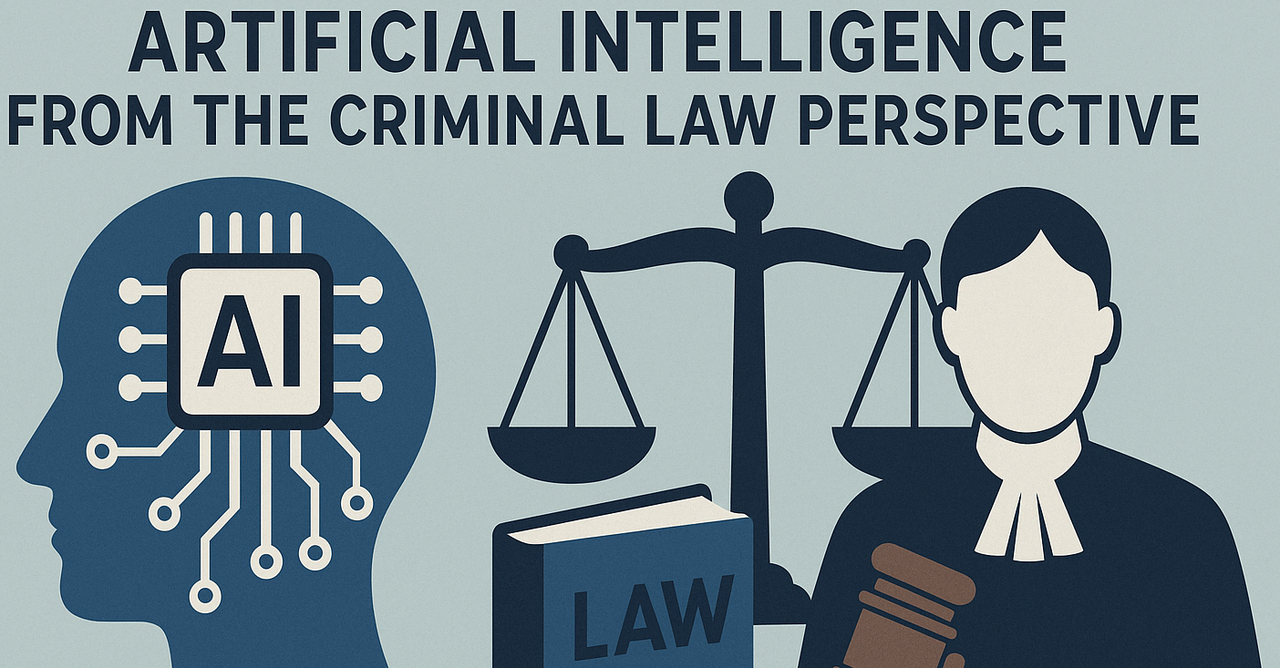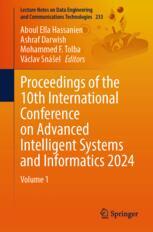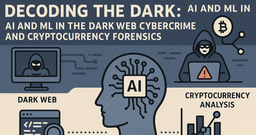Artificial Intelligence from the Criminal Law Perspective
Published in Social Sciences

The world is on the cusp of the fourth industrial revolution and digital transformation, a paradigm shift driven by technological advancements such as artificial intelligence (AI), the Internet of Things, and blockchain. These innovations are not just incremental improvements, but they are set to fundamentally reshape the complexities of human life, demanding our immediate attention.
The fourth industrial revolution is reshaping the world through advancements in AI, robotics, massive databases, the Internet of Things, self-driving vehicles, 3D printing, nanotechnology, biotechnology, materials science, government computing, and blockchain. These technologies herald a new era of human existence, with AI in particular poised to have a profound impact, necessitating the development of laws and legislation to adapt.
The urgency of this task is underscored by the fact that AI in several areas of human activity contributes to the emergence of criminal and legal dangers in several ways. The emergence of new uses of AI underscores the need for a robust legal framework, which can only be achieved through a realistic understanding of its effects on human and social behavior and the various legal interests that warrant protection.
AI techniques are crucial for criminal law jurists as they design machines that engage humans in intelligent behaviors. To address this global trend, legal rules must be established to regulate developments in information technology. Some suggest amending the European Convention on Cybercrime to regulate these developments. This is a critical topic for criminal law jurists.




Please sign in or register for FREE
If you are a registered user on Research Communities by Springer Nature, please sign in